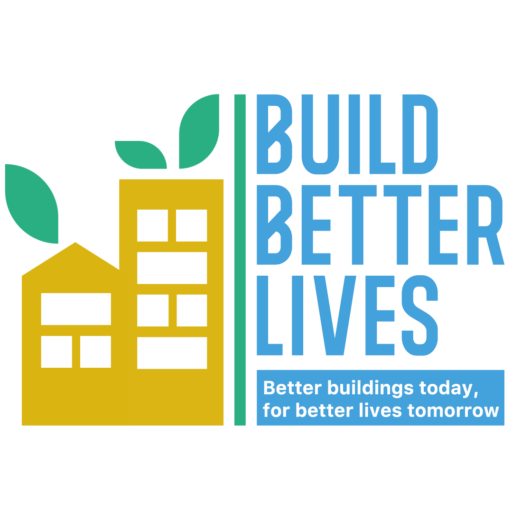
Written by Anna Iafisco, Policy Advisor on Housing and Just Transition at Eurocities
Energy poverty remains a significant issue across Europe, affecting vulnerable populations such as low-income households, the elderly, and single-parent families. In 2022, 42 million people—9.3% of EU citizens—were unable to keep their homes adequately warm. Additionally, up to 19% of European households struggle to stay cool in summer due to poor insulation and limited cooling options. Although the immediate energy crisis has subsided, the challenge of making homes energy-efficient persists, with many still struggling to afford basic energy services. In response, local authorities have been implementing innovative strategies to combat energy poverty over the past few years.
Understanding energy poverty and its impact
Energy poverty occurs when households struggle to afford the energy necessary for basic needs such as heating, cooling, and lighting. This issue is particularly severe among those living in poorly insulated homes with outdated heating systems, leading to higher energy consumption and bills. The impact of energy poverty extends beyond financial strain, contributing to health problems, social exclusion, and a reduced quality of life.
To achieve the European Union’s goal of reducing greenhouse gas emissions by at least 55% by 2030, it is crucial that all citizens have access to affordable, high-quality, energy-efficient housing. Such homes are less expensive to maintain and play a key role in tackling both energy poverty and housing unaffordability. As the EU pushes forward with its sustainability targets, policies must guarantee that enhancements in energy efficiency are available to everyone and do not worsen existing disparities.
The potential of one-stop shops
Cities across Europe are adopting innovative strategies to tackle energy poverty, focusing on enhancing housing energy efficiency and making energy-saving upgrades more accessible to at-risk households.
One of the most promising approaches are one-stop shops, which serve as centralised hubs by offering comprehensive services for home energy renovations and advice.
One-stop shops simplify the process of improving energy efficiency by providing a single point of contact for all aspects of home renovation. These centres offer services such as energy audits, advice on effective upgrades, financing assistance, and connections to reliable contractors. By streamlining the renovation process, one-stop shops make it easier for households, particularly those facing economic challenges, to reduce energy consumption and lower their bills.
The revision of the Energy Performance of Buildings Directive (EPBD), part of the EU’s Fitfor55 package, recognises the potential of one-stop shops in addressing energy poverty. The EPBD mandates the establishment of one-stop shops for every 80,000 inhabitants or at least one per region. These hubs are designed to engage all actors involved in building renovations, ensuring that energy efficiency improvements are accessible to everyone.
Case studies: Success stories from European cities
Several European cities have successfully implemented one-stop shops as part of their broader strategies to combat energy poverty. For example, Barcelona’s Energy Advice Points (EAPs)have become a permanent service since 2017. EAPs not only assist residents in managing their energy needs but also create employment opportunities for long-term unemployed individuals trained as energy advisers. Located in 12 housing offices across the city, these points use a peer-to-peer model that enhances the quality of support while fostering social inclusion.
In the Basque Country (Spain), the OPENGELA project established one-stop shops in the municipalities of Otxarkoaga (Bilbao) and Txonta (Eibar) to facilitate green energy renovations. To overcome financing challenges faced by low-income households, OPENGELA introduced the ‘MAS OPENGELA’ mechanism, which combines public and private funds to offer 15-year loans for home renovations. This initiative brings together financial, technical, social, and legal expertise to support sustainable housing improvements.
Similarly, Ghent’s De Energiecentrale, created in response to a surge in renovation advice requests during the energy crisis, provides comprehensive support through tailored renovation advice and connects homeowners with reliable contractors. It also offers financing through interest-free loans from a ‘revolving climate fund,’ which reinvests repayments into new loans. The hub further supports collective renovations and group purchases, which helps to lower costs and improve efficiency.
Local strategies for more sustainable housing
The innovative strategies being adopted by cities across Europe are significantly alleviating energy poverty. One-stop shops have proven to be invaluable resources, offering comprehensive support for improving homes energy efficiency, lowering bills, and reducing carbon footprints.
As these initiatives advance, they not only address energy poverty but also contribute to achieving climate targets in a socially inclusive way, fostering more affordable, healthier, and sustainable housing for all.
